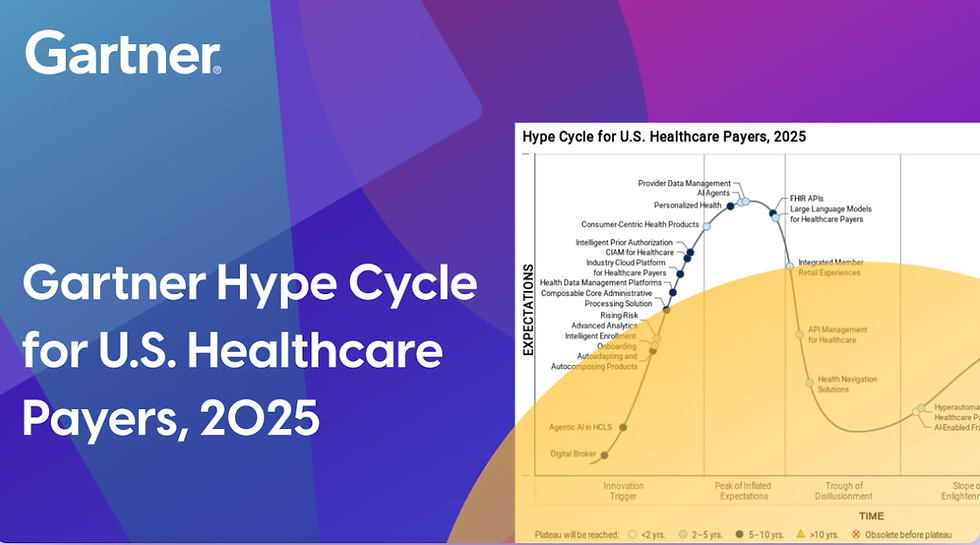Why Trust is Key to Member Engagement
- Katie Barone
- Sep 5, 2025
- 2 min read
Originally published by RISE
Before rolling out another app, plan, or program for Medicare and Medicaid members, we need to ask ourselves if we’ve laid the groundwork for creating the trust that will make the system work. Without establishing trust that is built through consistency, transparency, empathy, cultural relevance, or follow-through, it’s nearly impossible to activate members for better health.
Wider Circle has spent more than a decade working directly with communities and we’ve seen firsthand how a lack of trust can stall even the most well-designed initiative. Many members have been let down by institutions in the past, so a new health program or app alone won't get them to act. The first step is to establish and maintain their trust deliberately, and you can do this in three key ways.
Building trust requires tangible action and consistent effort
Reliability: This is about consistently following through. If you promise a member an appointment reminder, send it. If a care coordinator says they’ll call Tuesday, they have to call Tuesday. Small broken promises can erode trust quickly. To build it, you can create a predictable rhythm—a care manager might say, "I'll call you every Wednesday at 10 AM to check in." This creates a sense of reliability they can count on.
Transparency: Be open and honest about a plan’s benefits and limitations. Don’t bury details in fine print. When a member has a question about a co-pay or coverage, the answer should be clear and in plain language, without confusing jargon. This is especially critical given that nearly nine out of 10 U.S. adults struggle with health literacy. Explain why certain steps are necessary, like needing prior authorization. Acknowledging when you don't have an answer but promising to find it and following up is also a powerful act of transparency—it shows we value honesty over being right.
Peer-to-peer connection: The most powerful trust builders are often other members. When someone with a shared background and life experience tells their story, it feels relatable and credible. It’s also more likely to convince a member to take action. This has been at the heart of our program design. Creating peer-to-peer connections, whether through meet-ups, in-person or virtual programming, member-to-member conversations are meaningful steps that provide the social proof necessary to engage members. Peer support is an impactful, cost-effective intervention that helps promote empowerment and patient activation that promotes healthy behaviors.
Ultimately, trust is the most critical form of engagement. For members to feel comfortable enough to engage with the resources offered, participate in preventive care, and achieve better health outcomes, Medicare and Medicaid plans must move beyond transactional interactions and build effective, meaningful relationships. It’s a slow and steady process, but the long-term payoff in member outcomes, satisfaction, loyalty and retention is profound.





Comments